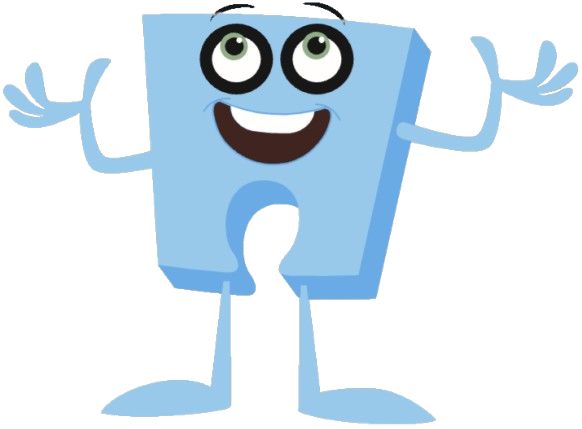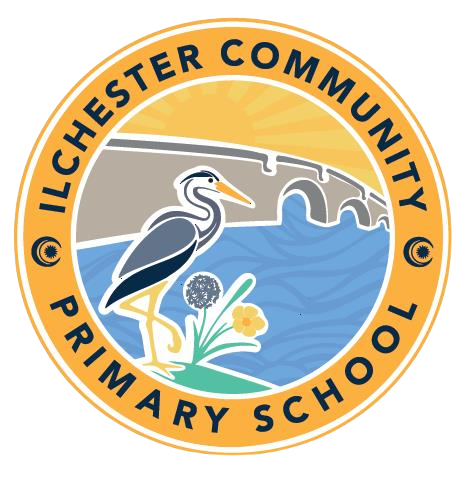PSHE
At Ilchester Community Primary School, we prioritise the holistic development of our students through our Personal, Social, Health, and Economic (PHSE) education program. We implement the Jigsaw Scheme, a comprehensive and innovative approach designed to support students in their emotional and social development, as well as equip them with essential life skills.
Purpose of Study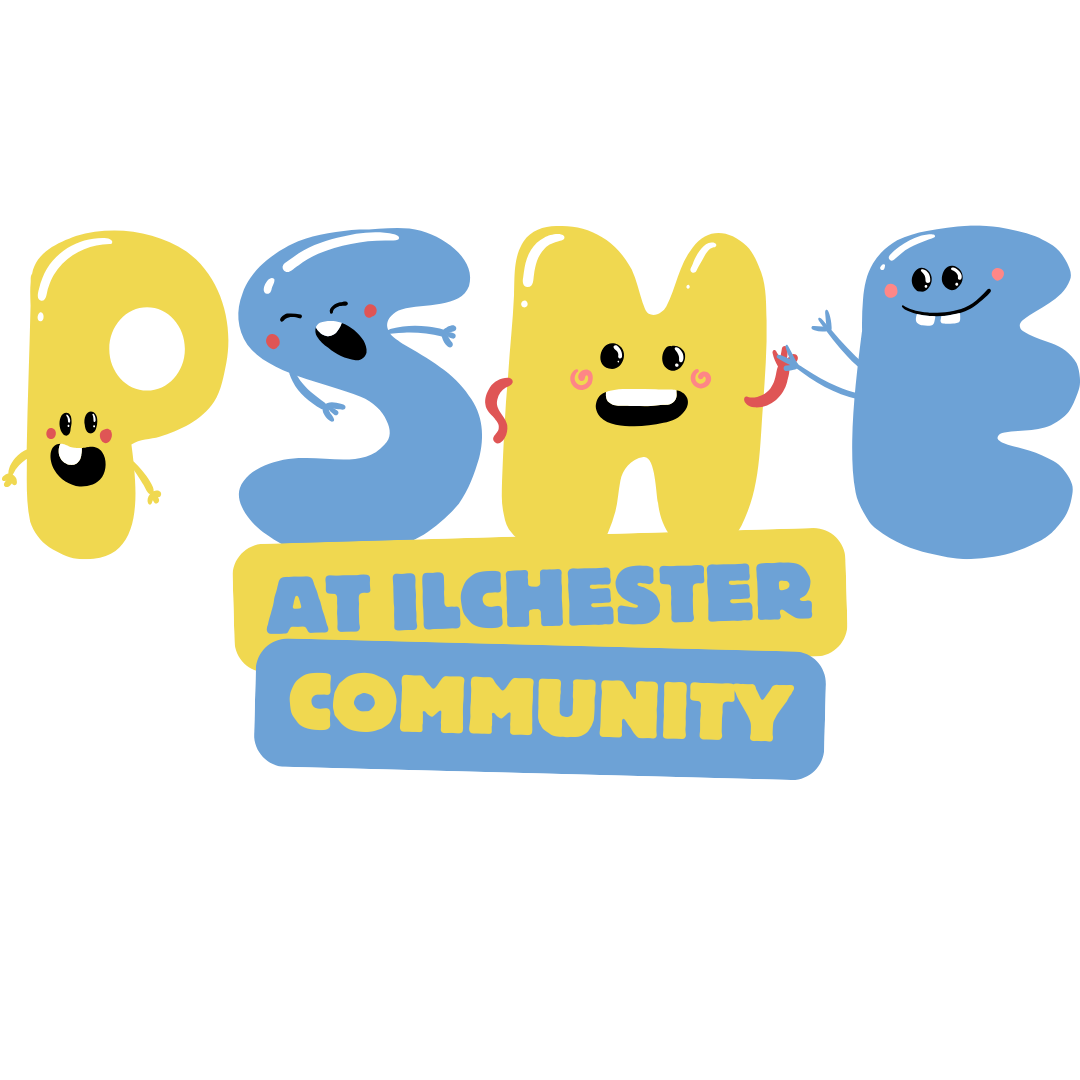
The purpose of study At Ilchester Community Primary School, we teach PSHE through a whole-school approach to underpin our children’s development as well-rounded individuals who have the skills and resilience to manage the world around them in order to excel and achieve socially, emotionally, academically and economically. We know that in order for children to be successful with their learning, they at first need to feel safe and secure emotionally and feel a sense of belonging with their environment, peers and adults.
To ensure progression and a spiral curriculum, we use Jigsaw, the mindful approach to PSHE, as our chosen teaching and learning programme and tailor it to all children’s needs. Jigsaw provides a comprehensive, carefully planned curriculum which brings consistency to the approach and progression of skills and knowledge to our children’s learning in this vital curriculum area. The overview of the programme can be seen on the school website. Jigsaw also supports the “Personal Development” and “Behaviour and Attitude” aspects required under the Ofsted Inspection Framework, as well as significantly contributing to the school’s Safeguarding and Equality Duties, the Government’s British Values agenda and the Spiritual, Moral, Social, Cultural (SMSC) development opportunities provided for our children.
At Ilchester Community Primary School, we are child-centred in all we do. We value PSHE as one way to support children’s holistic development as human beings, to enable them to understand and respect who they are, to empower them with a voice and to equip them for life and learning. We include the statutory Relationships and Health Education within our whole-school PSHE Programme.
The mapping document on the PSHE curriculum page shows exactly how Jigsaw and therefore, our school, meets the statutory Relationships and Health Education requirements.
Throughout Jigsaw, children are encouraged to reflect on their learning experiences and their progress. By reflecting, children can process and evaluate what they have learnt, which enables them to consolidate and apply their learning. They are also asked to stop and become aware of their thoughts and feelings at any given moment in Pause Points (brief pauses within the lesson where the children can have a couple of moments to just stop and be able to consider whether what they are learning may be particularly meaningful to them).
What is Jigsaw? 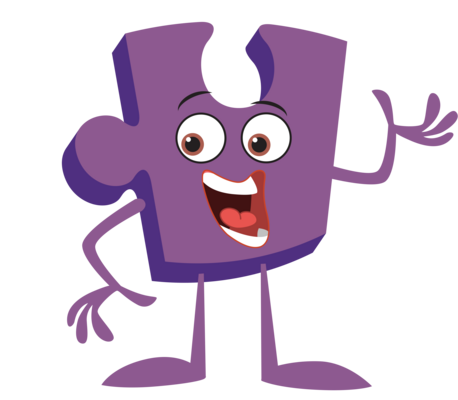

Jigsaw is an engaging and interactive scheme that covers a wide range of topics essential for students' well-being and personal growth. It is structured into six main units taught throughout the academic year, ensuring students receive a well-rounded education in PSHE.
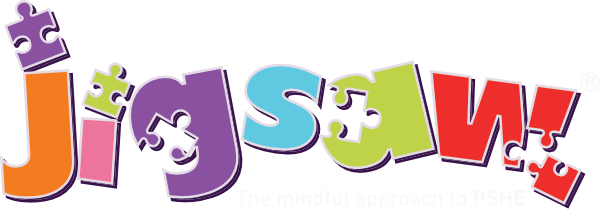
Intent
At Ilchester Community Primary School, we recognise that personal, social and emotional development (PSED) needs are often prevalent within our cohort and community. This requires a proactive and intentional approach to teaching wellbeing and social skills. Our aim is to equip pupils with the emotional resilience, self-awareness, and interpersonal skills they need to thrive both in school and beyond. We prioritise creating a safe, nurturing environment where children learn to regulate their emotions, build positive relationships, and develop strategies for managing challenges. Through our PSHE curriculum, we foster respect, empathy, and an appreciation of diversity, enabling pupils to become confident, compassionate members of their community. These explicit lessons are reinforced and enhanced in many ways: assemblies, reward systems and Jigsaw Learning Charter, through relationships child to child, adult to child and adult to adult across the school. We aim to ‘live’ what is learnt and apply it to everyday situations in the school community. PSHE is a culture at our school.
Our intent is to:
-
Provide a stable emotional framework for all pupils, especially those experiencing transitions.
-
Foster emotional literacy, resilience, and positive relationships through a consistent, whole-school approach.
-
Ensure pupils feel safe, valued, and connected, enabling them to engage fully with learning and life.
Implementation
We deliver PSHE through the Jigsaw programme, enhanced by two weekly routines that support emotional regulation and connection:
Monday Morning PSHE Routine
Purpose: To help pupils settle after the weekend and prepare for learning.
Structure:
-
Welcome and emotional check-in: Circle time or feelings chart to acknowledge and validate emotions.
-
Regulation strategies: Breathing techniques, grounding exercises, and other tools to support self-regulation.
-
Trusted adults discussion: Reinforcing who pupils can talk to and how to seek help.
-
Jigsaw session delivery: Following the structured, spiral curriculum to build emotional and social skills.
This routine provides a predictable and nurturing start to the week, particularly important for pupils who may be new, unsettled, or experiencing change.
Friday Afternoon ‘Calm and Connect’ Routine
Purpose: To end the week calmly and positively, promoting reflection and emotional closure.
Activities include:
-
Gratitude journaling: Pupils write or draw three things they are thankful for.
-
Breathing exercises: Techniques such as box breathing or the 4-7-8 method.
-
Mindfulness: Guided visualisation, mindful colouring, or sensory activities.
-
Calming environment: Soft lighting, quiet corners, and calming music to support downregulation.
This session helps pupils consolidate emotional learning, reflect on their week, and transition into the weekend with a sense of peace and connection.
Impact
The impact of our PSHE and PSED approach is evident in:
-
Improved emotional literacy and regulation: Pupils can identify, express, and manage their emotions more effectively.
-
Stronger relationships and social skills: Children demonstrate empathy, cooperation, and respect.
-
Enhanced readiness to learn: Pupils are more settled, focused, and able to engage with academic content.
-
Support for mobile pupils: New arrivals integrate more quickly and feel emotionally secure.
-
Positive school culture: A calm, inclusive environment where wellbeing is prioritised and every child feels they belong.
We monitor impact through pupil voice, staff observations, behaviour tracking, and wellbeing assessments, ensuring our provision remains responsive and inclusive.
Whole School Approach
Jigsaw covers all areas of PSHE for the primary phase, including statutory Relationships and Health Education, Spiritual, Moral, Social, Cultural education (SMSC) and the fundamental British Values of Democracy, Rule of Law, Respect and Tolerance, and Individual Liberty. Each half-term the same learning theme (Puzzle Piece) is taught across the school. The learning within these themes deepens and broadens every year.
Our PSHE Curriculum

Key Units Covered:
-
Being Me in My World
This unit focusses on self-awareness, understanding personal strengths, and developing a sense of belonging within the school community. -
Celebrating Difference
Students learn about diversity, acceptance, and the importance of empathy towards others, fostering a respectful and inclusive environment. -
Dreams and Goals
This unit encourages students to set personal goals, understand the value of perseverance, and work towards achieving their aspirations. -
Healthy Me
This unit focuses on physical health, mental well-being, and healthy relationships. It teaches students to make informed choices and understand the importance of a balanced lifestyle. -
Relationships
This unit delves into building and maintaining healthy relationships, effective communication skills, and understanding boundaries. -
Changing Me
Students explore the changes that occur during puberty, understand emotional changes, and learn about the importance of self-acceptance and resilience.
Wider Curriculum
At ICPS PSHE is taught weekly in order to teach the PSHE knowledge and skills in a developmental and age-appropriate way. These explicit lessons are reinforced and enhanced in many ways: assemblies, reward systems and Jigsaw Learning Charter, through relationships from child to child, adult to child and adult to adult across the school. We aim to ‘live’ what is learnt and apply it to everyday situations in the school community.
